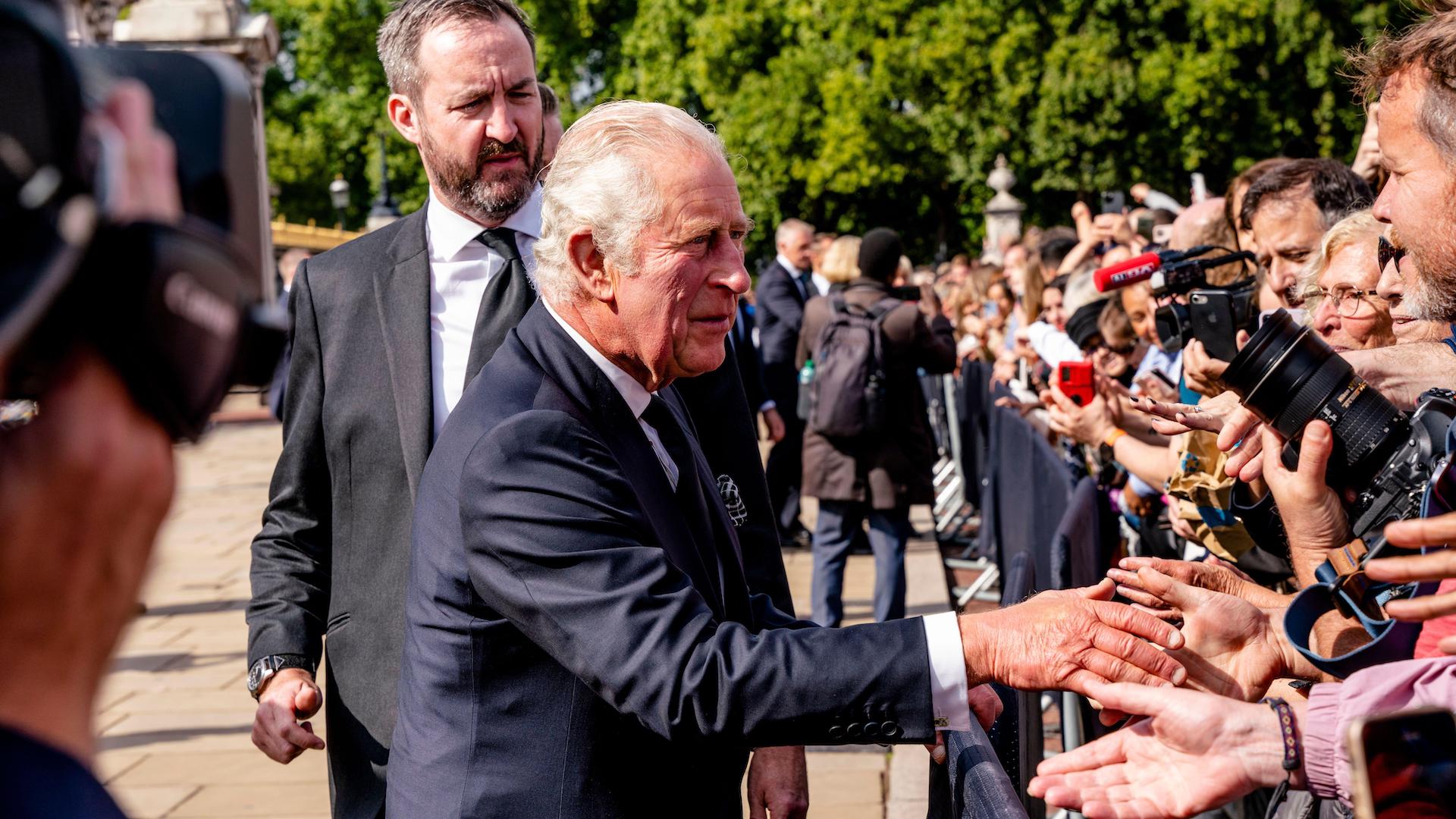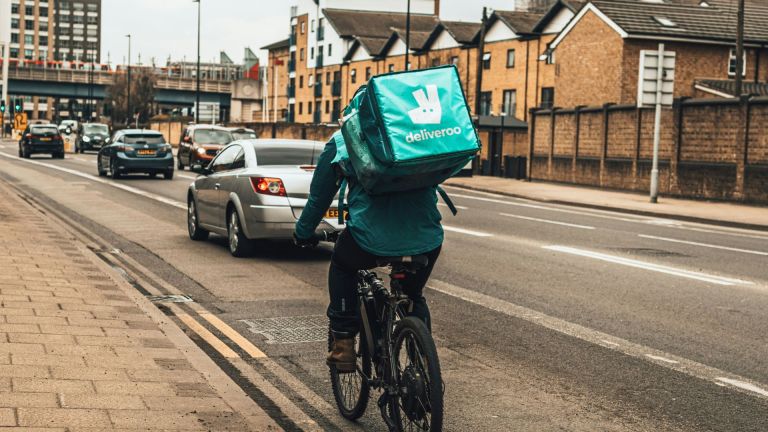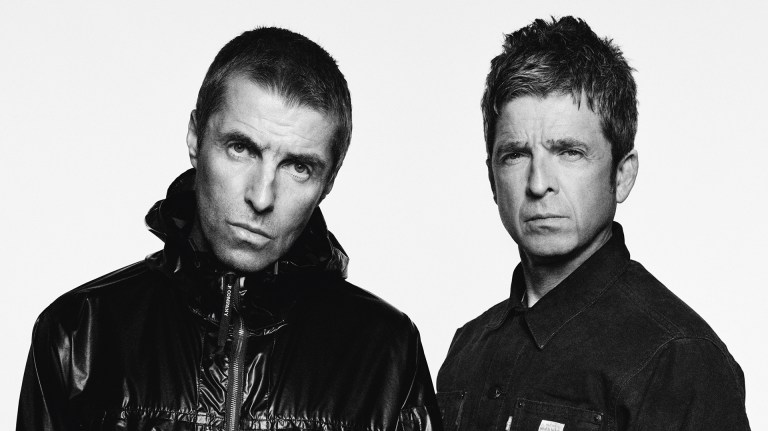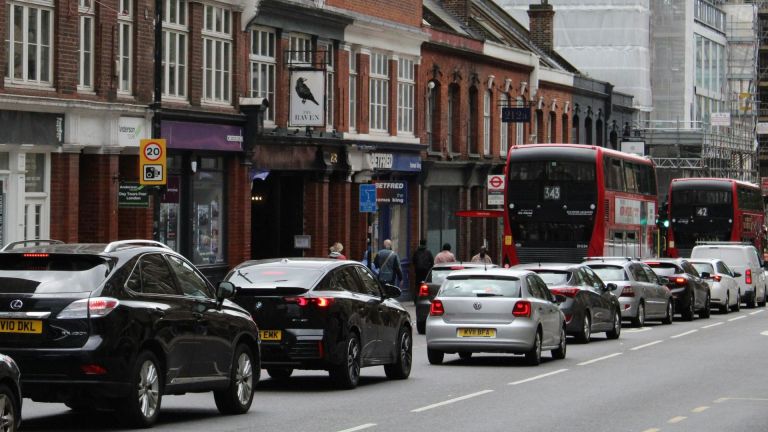“We really do need to start thinking about a slimmed down monarchy in these troubled times,” said King Charles in September last year, supportively patting Princess Anne on the back as she wept into a £50 note. “My coronation will need to be much less expensive than the last,” he mused, pressing send on a text to Elton John that asked him to rewrite Candle In The Wind for his ceremony.
Who ever said the Windsors are out of touch? Whether it’s campaigning for climate action while frequenting a private jet, or greeting citizens of the commonwealth through a chainlink fence, the British royals have a reputation for just implicitly knowing what their public needs from them. This coronation is no exception: at a time when Bank of England economists are telling depressed Brits they need to “accept they’re poorer”, our new monarch is cruising through the streets of Westminster in a gold-plated carriage, smashing through inequality at speeds topping almost 3mph.
So here we are, just over seven months and an estimated £250m later (almost quintupling the £47m coronation of Elizabeth II), and the British monarchy seems even more plump than it was before. They even seem confident enough in their popularity to charge escalating ceremonial bills to the British taxpayer, (though, to be fair, they didn’t receive a penny of Prince Harry’s ‘oscillating todger’ money, so what are they supposed to do? Go out and earn a living like a non-anointed prole? God forbid).
The messaging is patently clear: even though the average Brit is struggling to survive through dismal inflation and stagnated wages, they should put aside any ill feelings and pledge their allegiance to an multi-millionaire who not only can’t stick to a budget, but also probably thinks a spreadsheet is how the staff make his bed every morning.
Unfortunately for Brits who aren’t filled with patriotic fervour at the sight of an old man putting on an expensive hat, dissent is not currently welcome in this self-appointed time of “public celebration”. In keeping with Normal Island’s current commitment to democracy and civil liberties, the Home Office has cashed in on the occasion by fast-tracking a commemorative new set of police powers (I’d have preferred one of those tacky coronation tea sets, but I don’t get the impression that Suella Braverman is the best gift-giver).
- How much is King Charles’s coronation costing in the cost of living crisis?
- What you need to know about The Big Help Out: The volunteering extravaganza marking Charles’s coronation
- Coronation Quiche: What are the alternatives for 21st century Britain?
- Where to get free food for the kids (and yourself) over the coronation bank holiday weekend
As part of this sweeping new Public Order Act, purposely vague powers of arrest have been given to police officers to quash public protesting, and lucky for us, royal assent was granted to the law just days before the coronation. London’s Metropolitan Police (a well-known paragon of fairness and tolerance), has taken this opportunity to squash dissent in their stride, and have promised “robust” action against anyone who “undermines the celebration”. It’s not exactly Robert Peele’s vision of policing by consent, but then again, neither the Windsors nor the Met have a particularly good record when it comes to consent.










